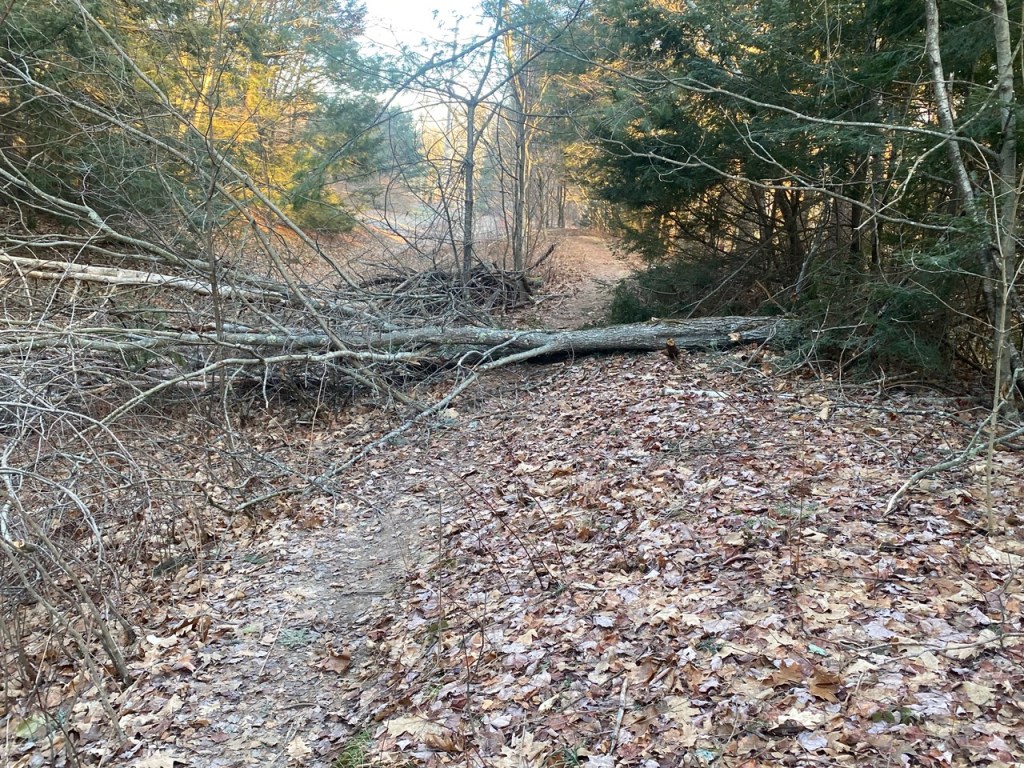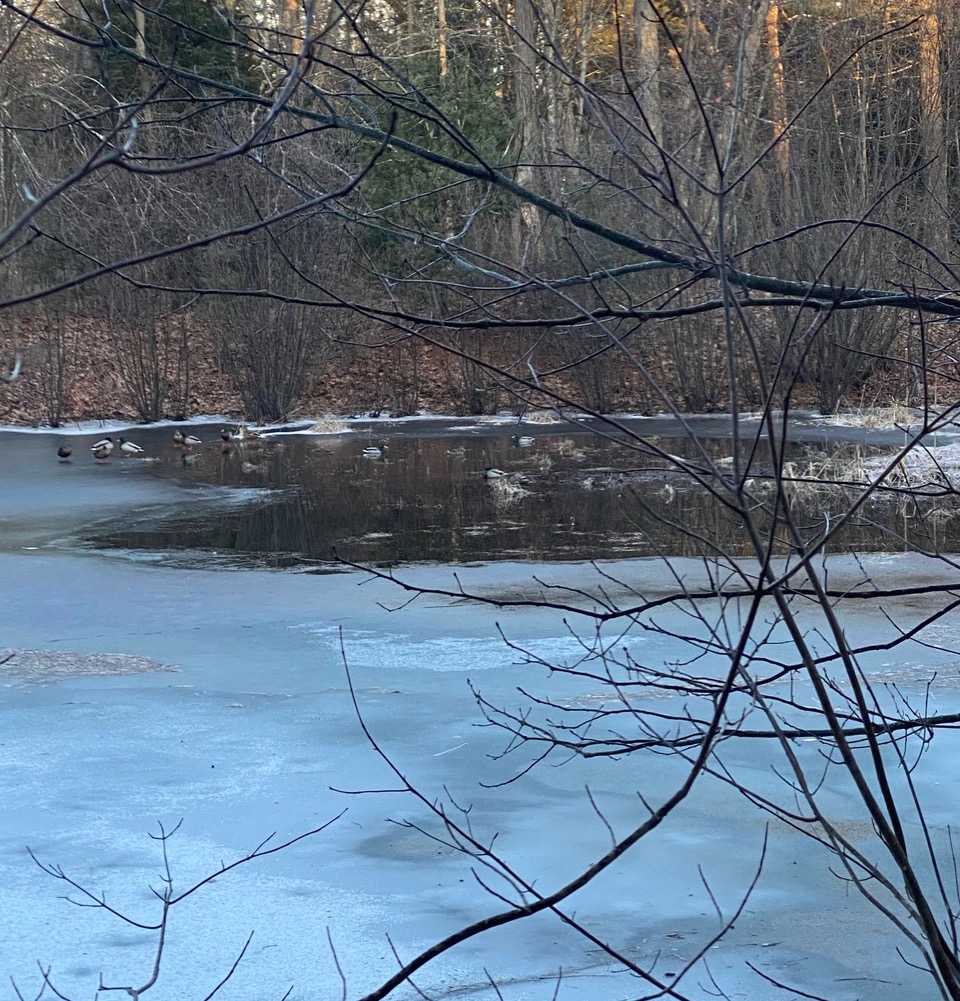
#
For the past ten years, Mary Lee and I have provided a second home for our granddaughters, first Anastasia and then three years later, Beatrix. Both girls became part of our daily lives—a big part.
Last weekend, Anastasia and Beatrix left Maine to live with their father, who has moved to Oregon. It’s a huge change for them, and Mary Lee and I worry about the girls. But it’s also a major change for us. The girls will be back, of course, and we will do Zoom and FaceTime; we will become frequent flyers from one Portland to another. Still their absence will create a huge change in our day-to-day lives. Even when Anastasia and Beatrix weren’t physically with us, Mary Lee, especially, was thinking of things to do when they would be. Their toys, books, and crafts were as much a part of our house as our carpets and chairs.
At the same time as we were trying to prepare ourselves for the girls’ move, our thirteen-year-old cat, Zeke, developed—overnight it seems—pancreatitis and cancer. After taking out a sizable bank loan, we’ve been able to make him comfortable, but he’s definitely not the same lively and free-spirited pet he was. I miss the sound of his racing around with his toys after breakfast.
Many of our friends are also suddenly facing changes, many of which are far more serious than what we’re dealing with. Several couples are now coping with Alzheimer’s or dementia in one spouse; two church members I’ve worshipped with for over twenty years—both younger than I— now come to the services with walkers; it seems as if every week someone I know goes into the hospital for a major operation; one man in my men’s group just lost his wife.
My geriatric pilgrimage is starting to feel not as if I’m moving through a new landscape, but that a new landscape is coming at me, faster and faster, like one of those painted panoramas unrolling while I stand still, my head spinning.
The other day, my 12-step sponsor asked me how I was. Well, I said, I’m walking more, I’m meditating more, I’m—
“No,” my sponsor said, “I didn’t ask what you were doing, I asked how you’re doing. How are you feeling?”
“Okay,” I said, “Mary Lee and I are talking a lot, I’m playing the banjo—”
“No, no! Look, close your eyes. Take three or four deep belly-breaths. Get out of your head and into your body. Breathe… Now, how are you?”
I paused. I breathed. “Tense. My face is tight. My hands feel as if they’re clenched. As if I’m waiting for the next shoe to drop. Or maybe it’s a boulder.”
Probably because of the way the future is hurtling towards me, I’m turning to the past, longing for what seem like slower and more stable times. (And why wouldn’t they seem that way? I know how events turned out.) But I’ve always resisted being one of those geriatrics who lives in nostalgia for a past which never existed, and I really don’t want to stay lost in the 1950s for the rest of my life.
What I should be doing, of course, is focusing on the present, as all the contemplative practices I’ve learned over the past thirty-some odd years have advised. But while I can still be in the moment occasionally during my daily meditation, I’m not taking that focus from the meditation corner of the house out into the world.
What else can I do? How do I navigate the now, especially a now that seems to be more and more out of my control?
There’s an old saying in AA: “to change a thought, move a muscle.” This week, I started working with my Feldenkrais instructor on relaxation exercises, trying to soften the tension in my arms and my face. I’ve also begun practicing what I’ve come to call “geriatric walking”: walking not to get in any particular number of steps or to close the rings on my fancy watch, but paying more attention to the world around me, stopping frequently, breathing deeply, and noticing the lessons Nature has to teach me about change.
Thanks to a Christmas windstorm, trees have fallen across two different places on a well-worn path in the woods behind my house, which means I must learn how to climb over tree trunks.

The pond by that path is icing over, and every day I’ve watched ducks swimming in circles, trying to ward off the encroaching ice, much the way I’ve felt lately as if I’m running in circles trying to ward off change. The ducks aren’t going to be able to keep the ice away all winter, and I’m not going to be able to hold back change, not matter how many Buddy Holly songs I listen to.
I’m also reading about change, and last week I read a letter from Brother Paul Quenon, of Gethsemani Abbey in Kentucky to a friend contemplating a major vocational shift, in which Brother Paul wrote that just as monks make a vow to “stability of place,” he thinks they need to make “a vow of commitment to change—a vow of un-stability (his italics).”
And New Year’s Eve, I made a recommitment to seeing my life as a pilgrimage. To being the one doing the moving, even if I’m not moving the way I used to. To having a destination, a goal, a place of spiritual significance. And to be guided by my Higher Power, that God of my not Understanding, trusting, as the hymn says, that the Grace which “brought me safe thus far” will “lead me home.”
I’m not yet sure where the journey will take me next. I want to be more active in helping others through my 12-step work, talking with others—especially men—about grief and loss, and about the value of seeing life as a pilgrimage toward a closer connection with one’s Higher Power, especially these days, when, as Thomas Merton wrote, “the whole mechanism of modern life is geared for a flight from God.”
Because we 12-steppers love our acronyms, I’ve created one for CHANGE: “Contemplate How Action Needs God’s Embrace.”
Otherwise, I think we’re all just ducks, swimming in circles, trying to ward off the inevitable.

# #

Dear Rick, Kudos on the publication. I love your current image of the ducks swimming in circles on the pond. Yes, we fend off the inevitable, but spring will melt the ice again. Happy New Year! Cousin Emily
LikeLiked by 1 person
Thank you for this reflection, Rick. I relate very directly. It’s very poignant.
LikeLiked by 1 person
Dear Rick – Thank you –
I have been searching for guidance in the new year.
What you have shared speaks with directly to my heart.
LikeLiked by 1 person
Always great to hear from you, Bonnie. Peace be…
LikeLike